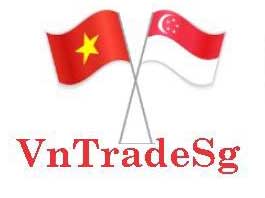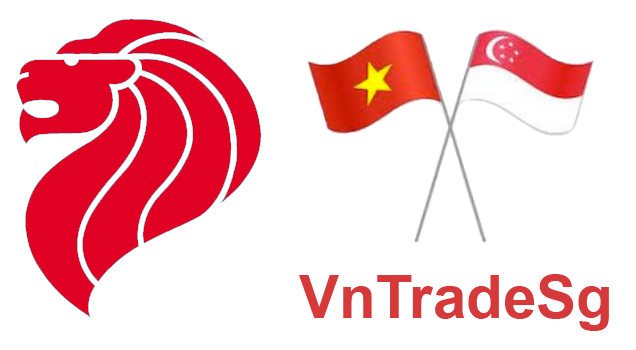The Office of the United States Trade Representative (USTR) has officially removed Vietnam and more than 20 other countries from its list of countries designated as developing or least-developed under the US Countervailing Duty Law.
According to the update, Vietnam will lose certain trade privileges and interests, partly affecting Vietnam’s economic development process as well as the stability of trade activities. Minister of Industry and Trade Tran Tuan Anh granted an interview to Nhan Dan Newspaper regarding Vietnam’s preparations to stand ready to cope with the above move and unpredictable changes in the global economic and trade cooperation.
Reporter (R): How does the USTR’s removal of Vietnam from the list of developing or least-developed countries affect Vietnam?
Minister Tran Tuan Anh: The economic-trade relations between countries across the world have changed considerably and are built based on fair, equal, transparent and reciprocal relations, rather than developed countries unilaterally provide preferential treatment to developing countries. Developed countries now put their interests first, instead of offering certain incentives for developing countries as before.
The recent policy change in the US is one of the next steps in the trend. However, Vietnam have been proactively prepared in advance, the aforementioned changes have not created major impacts on Vietnam. The country has participated in negotiations and signed of a number of new-generation free trade agreements, which are built on equal relations and mutual benefits, with a comprehensive scope of cooperation and broader and longer-term vision.
R: Could you please tell us the specific preparation of Vietnam amid fundamental changes in economic-trade cooperation relations in the world?
Minister: We have effectively utilized domestic resources of the economy and international opportunities over the past few years. We have been aware of changing trends and have taken concrete preparations several years ago. The 12th Party Central Committee issued Resolution No.06-NQ/TW on November 5, 2016 on the effective implementation of international economic integration and maintenance of socio-economic stability in the context of Vietnam joining a new generation of free trade agreements. This is a very important document which clearly defined the fluctuations expected to take place in the region and in the world as well as the strength of the domestic economy to set out major orientations to continue Vietnam’s international economic integration. On that basis, we have accelerated the negotiations and joined new-generation free trade agreements in order to establish economic and trade relations in accordance with the new situation.
In the APEC Year 2017, Vietnam joined Japan and other countries to promote the formation of the Comprehensive and Progressive Agreement for Trans-Pacific Partnership (CPTPP). Vietnam also completed the Vietnam – EU Free Trade Agreement (EVFTA) and the agreement was ratified by the European Parliament. If the deal continues to be approved by the National Assembly of Vietnam, it can be put into force in the middle of this year.
We have also established a high-level regular dialogue mechanism with the US to address issues arising in the bilateral relations. Vietnam is said to be less affected than other countries when powerful countries change their approach in international economic and trade cooperation. For example, the US withdrawal of Generalised System of Preferences (GSP) to developing countries and the EU’s upcoming removal of GSP to some products of several developing countries will create insignificant influence on Vietnam. Some observers also see this as an opportunity for the Vietnamese economy to rise as Vietnam is the only developing country in the region that has successfully built new-generation FTAs with many large partners in the world in a quick and drastic manner.
R: Being a leading country in building new-generation free trade agreements, Vietnam will also face challenges, so what should we do in the future?
Minister: To prepare for a new phase in the process of international economic integration, the Ministry of Industry and Trade together with other ministries and sectors have actively implemented the orientations set forth in Resolution No.06-NQ/TW. However, when the new-generation free trade agreements take effect, we will need much more effort than in the recent time.
To implement CPTPP as well as EVFTA, the National Assembly of Vietnam has passed amendments to many legal documents such as the amended Labour Law, the Intellectual Property Law and the Insurance Business Law, among others. The Ministry of Industry and Trade has also proposed the Government to step up the building of new EVFTA compliant mechanisms, which can be implemented as soon as the agreement is approved by the Vietnamese National Assembly.
It is important to fulfill commitments and generate new economic benefits in addition to building institutions to ensure that benefits from economic integration can be shared fairly among all citizens, including workers and small and medium-sized enterprises.
Thank you very much!

















